 Clem Chambers is a British entrepreneur, author and journalist, known for his involvement in ADVFN, formerly known as the Advanced Financial Network. The Art Collector asks a few questions on art as an investment.
Clem Chambers is a British entrepreneur, author and journalist, known for his involvement in ADVFN, formerly known as the Advanced Financial Network. The Art Collector asks a few questions on art as an investment.
TAC: Do you consider art to be an important part of cultural education? What do you think of the
governmental budget cuts directly affecting the arts?
CC: The balance between state art and private art is a complicated subject and the issues of education in arts is therefore a massively complicated area, BUT if they cancelled Trident and spent half the money on art education then the UK and the world would be a better place.
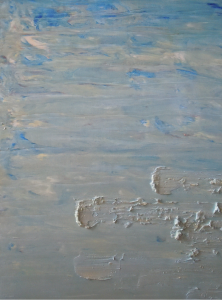 In your estimation, how much of the last decade’s art explosion is due to the fact that the art market functions as an unregulated stock-market?
In your estimation, how much of the last decade’s art explosion is due to the fact that the art market functions as an unregulated stock-market?
Art is the last unregulated market. This carries with it all the risks and rewards of a “laisssez faire” market. You can be assured there are as many shenanigans in the art market as in the financial markets and probably more, but can any buyer or seller say “who knew?”
But as with financial markets, time is the arbiter of price. All the froth and fraud dissipates over time. The long term time series of art values underlines that art represents the most precious atoms by ounce created by man.
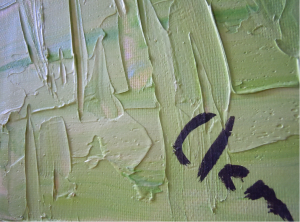 If we accept that a work of art has no value until it is auctioned off by Christies or Sotherby’s, is there any point in collecting outside of the mainstream?
If we accept that a work of art has no value until it is auctioned off by Christies or Sotherby’s, is there any point in collecting outside of the mainstream?
This is not an acceptable position. Art is worth what people will pay for it. Whether that is in Christie’s or on Ebay or hanging on the railings of a park, even a child’s doodle has some value.
I once bought a brilliant work on torn card by a paint covered, drunken tramp. It had and has value. Who is to say it won’t be in Christie’s in 50 years. I bought an original Paul Day sculpture many years before he was in the mainstream, it had value then and has value now. Being in the mainstream simply boosts value, rather than establishes it. It is rather like the valuation of shares in a private company versus the value of stock in a listed company. Trading platforms merely increase value through price discovery and liquidity.
Do you see collecting art as an investment or passion? Can art be considered an asset?
Art should never be solely an investment, because the best investments are made with skill and skill comes through the application of passion. It’s the same with stocks. Would you buy a stock because someone told you it was good? The poorhouses are full of people who do that. The same goes for art. There is always a salesman to sell the stupid rich something worthless, so don’t fall in that trap.
Art is an asset, best bought in the open market of an auction.
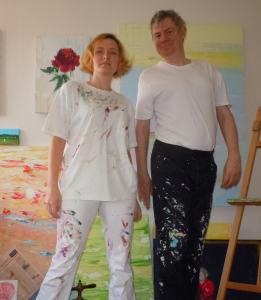 Please, in your own words, define ‘art’.
Please, in your own words, define ‘art’.
Art is the rendering of the unimaginable.
If money was not an object, what art work would you most like to have?
Young man with a Cap by Vincent Van Gogh 1888.
I like to find old paintings that look exactly like people I know. This looks very like me when I was 20,
which was a shock when I first saw it.
http://www.vangoghgallery.com/catalog/Painting/782/Young-Man-with-a-Cap.html
If there was one artist – living or dead – that you would like to have dinner with, who would it be and why?
William Blake, because he was an amazing poet, incredible painter/engraver and an extreme free thinker. His genius was multidimensional. He also needed someone to buy him dinner.


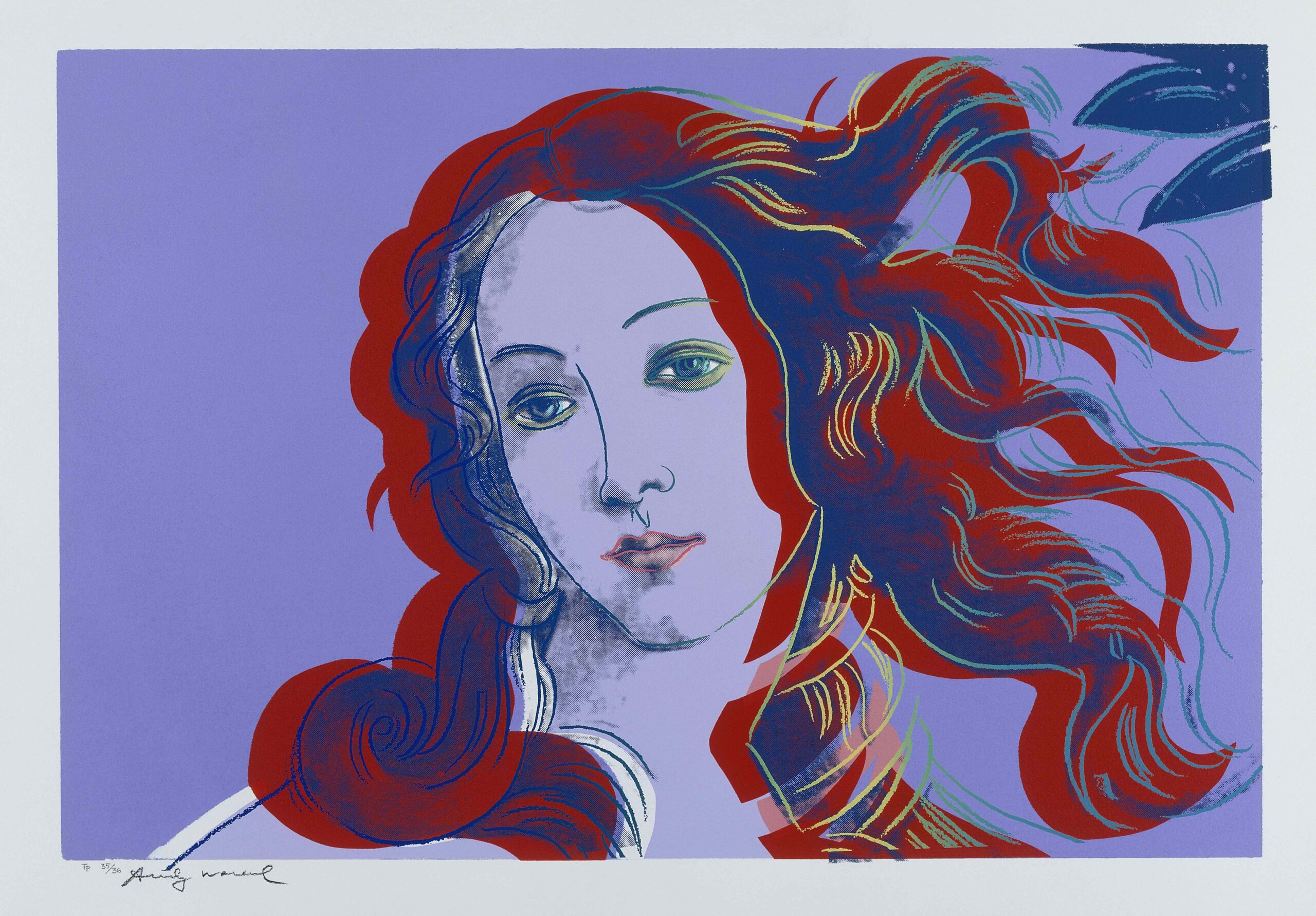

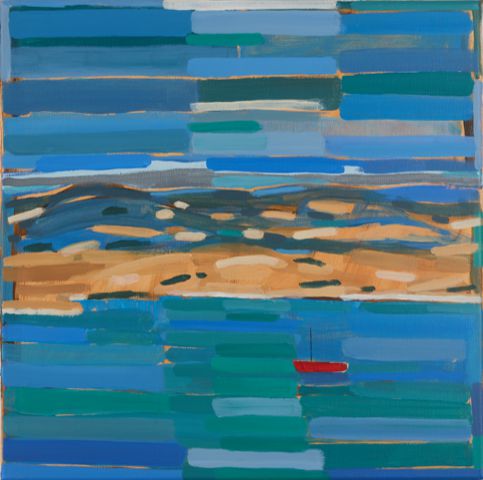
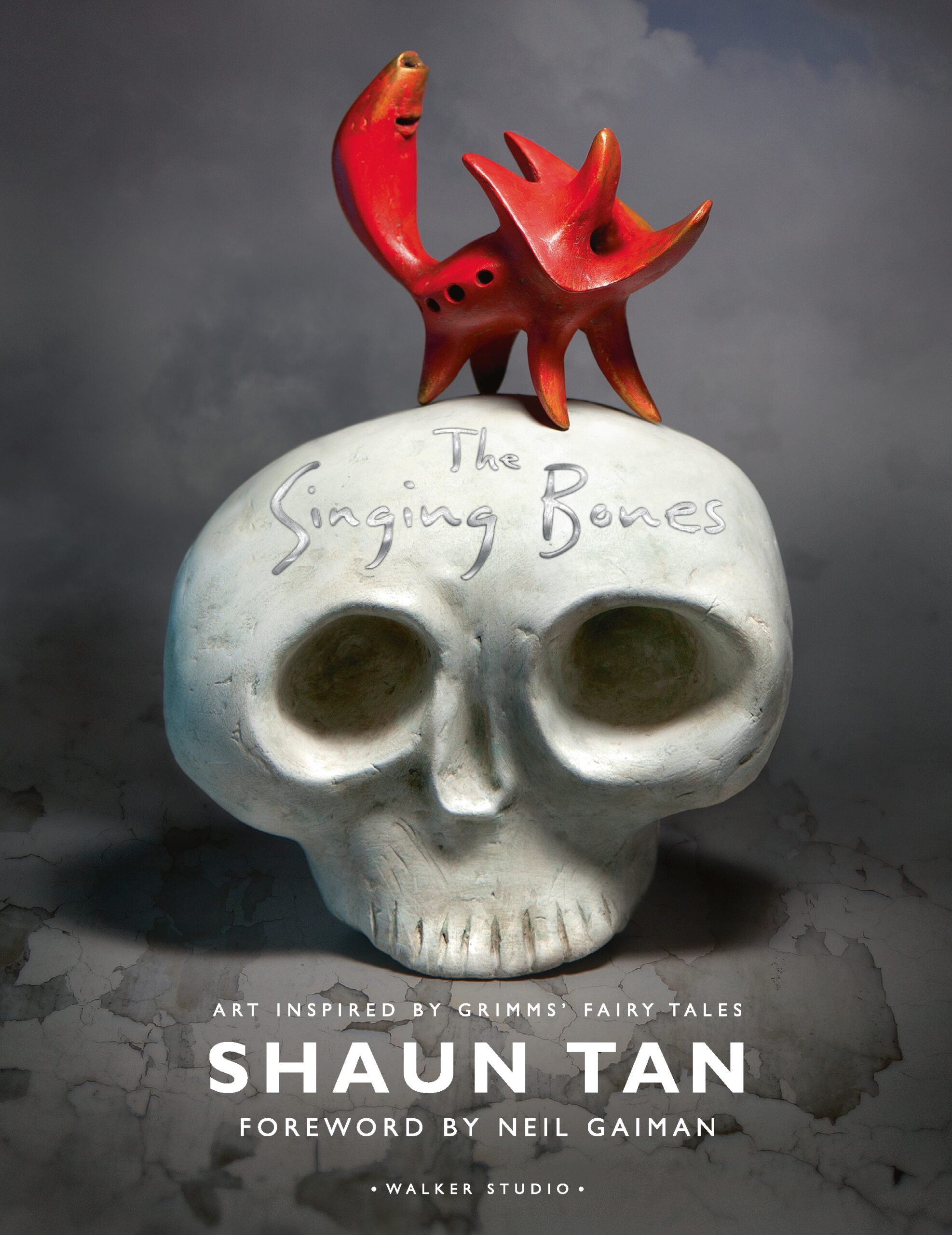
 Saving...
Saving...